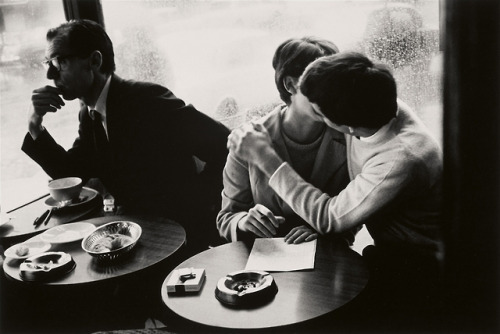on worldbuilding, and what people think is going on
on worldbuilding, and what people think is going on
there is one facet of fantasy worldbuilding that is, to me, the most interesting and essential but i don’t see it come up in worldbuilding guides or writing prompts or anything, and that is the question of:
what do the inhabitants of your world believe about how the world works, and how are they wrong? a lot of fantasy media will set up their cosmology, gods, magic systems, planar systems, concepts of the afterlife, &c., and proceed as though the inhabitants of the world know and understand them.
from someone whose entire academic career is focused on studying human culture in various regions and time periods, with a focus on belief systems (religion, occultism, mythology, folklore): that sort of worldbuilding is unrealistic and missing out on so much fun.
people are always seeking new understanding about how the world works, and they are mostly wrong. how many models of the solar system were proposed before we reached our current one? look at the long, turbulent history of medicine and our various bizarre models for understanding the human body and how to fix it. so many religions and occult/magical traditions arise from people disagreeing with or adapting various models of the world based on new ideas, methods, technologies. many of them are wrong, but all of them are interesting and reflect a lot about the culture, beliefs, values, and fears of the people creating/practising them.
there is so much more to the story of what people believe about the world than just what is true.
to be clear: i think it’s fine and important for the author to have a coherent explanation for where magic comes from or who the gods are, so they can maintain consistency in their story. but they should also be asking what people in the world (especially different people, in different regions/nations and different times) think is happening when they do magic, or say a prayer, or practise medicine, or grieve their dead. it is a rich vein for conflict between individuals and nations alike when two models of the world disagree. it is fascinating how different magic systems might develop according to different underlying beliefs.
personally, i think it is the most fun to spawn many diverse models of the world, but give none of them the ‘right’ answer.
(bonus points if you also have a thriving academic system in the world with its own theory, research, and discourse between factions! as an academic, it is very fun to imagine fictional academic debate over the topics i’m worldbuilding. sometimes i will be working out details for some underlying mechanic of the world and start imagining the papers being written by scholars researching it)










